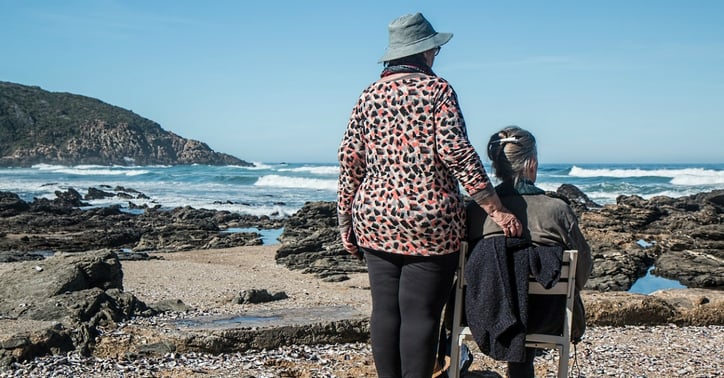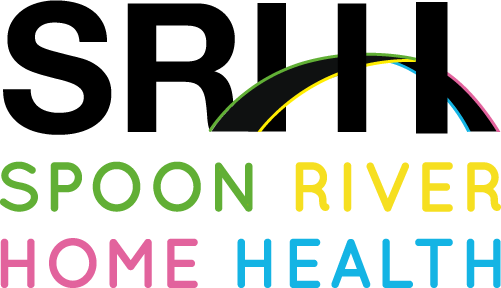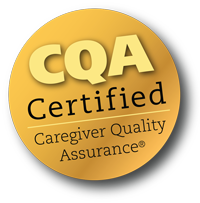 Many times, the focus for caring for loved ones at home is physical needs. These include activities of daily living, such as cooking, cleaning, and grooming, as well as medical treatment or therapy.
Many times, the focus for caring for loved ones at home is physical needs. These include activities of daily living, such as cooking, cleaning, and grooming, as well as medical treatment or therapy.
The result is often that their emotional and social needs are disregarded.
A little over one-third of American adults over 45 were categorized as lonely, according to a 2010 AARP national survey. The study also found that loneliness was a predictor of poor health. “Those who rated their health as ‘excellent’ were over half as likely to be lonely than those who rated their health as ‘poor’ (25% vs. 55%).”
Companionship plays a significant role in the health of people who rely on home care.
Consider the example of Mr. A.
Mr. A was the subject of a 2011 study by doctors Renee P. Meyer and Dean Schuyler. At 75, he lived alone in a wooded rural area following his wife’s death, relying on his daughter or a paid caregiver for transportation. When his daughter went on an extended business trip and his caregiver married, they paid less attention to Mr. A. The authors write that, during that time, he “took his medication erratically, seemed strident and impulsive when seen by visiting nurses, fell more often, and finally called a suicide help line reporting that he was contemplating shooting himself.”
Following a hospital visit, Mr. A’s daughter took a more active role in his life. “Since renewed attention was given to Mr A and his care, there has been no further mention of, or acts of, self-harm,” the authors note. “There have been no recent falls.”
The researchers linked loneliness to “depression, poor health status, decreased mobility, and cognitive decline.” Further, they suggest “health status can improve if loneliness is diminished through companionship, satisfying family relations, and activities with a sense of purpose.”
Authors of a broader study published in 2009 made similar conclusions to those associated with Mr. A: “a significant positive correlation exists between loneliness and depression,” and that the correlation was found in both men and women.
We have found that when loved ones lose their independence, it can be a very traumatic experience and affect their quality of life. That’s why we suggest home health care professionals perform what we would normally consider simple tasks as doing crossword puzzles, playing board games, or just talking with them. We offer a variety of companions to make sure they’re the right fit for your loved one. “Being able to speak with someone in person now a days is a true accomplishment,” said one of our clients. “For that alone, I am forever grateful!”




















